My own background is I was born and raised on a farm, but I’m not a farmer. My parents had a farm in Co Limerick. It would have been a mixed farm, predominantly dairy, but there would have been some tillage as well. I spent my working life in the public sector.
I worked in the IT area across the public sector but I am now retired. I got involved with the organisation Ballyhoura Rural Services in 2016. It’s a charity and was founded in 2010. The main aim was to combat rural isolation in east Limerick and north Cork.
I had retired and somebody asked me to sit on the board of the organisation. I’ve always lived in a rural area, so I am very well aware of how people could be isolated and how people could be disadvantaged.
I felt it was something good for me to get involved in, contributing something to the community, to the country at large. I believe that the organisation does a lot of good and I have seen the benefits of what it has done for people.
What is social farming?
During the 1990s, the idea of social farming as a therapy took root in the Netherlands and Belgium.
They are used for social prescribing. It’s a newer idea within the health area – especially the mental health area. Rather than prescribing people medication, they were prescribed an activity.
The activity might be taking part in a group activity of any sort, from knitting to cleaning streets – all sorts. One of the activities is farming and it has apparently been proven that the benefits of getting your hands dirty, into the soil and working with it, can be very therapeutic for people.
It’s good to work with your hands, I found this myself. My work was office-based for 30 years. Doing something with your hands could indeed be very therapeutic. It helped relieve a lot of the stress of the day. You felt that you were achieving something, as well.
The idea takes root
The social farm is in Doon, Co Limerick. The farm was donated to us by the Sisters of Mercy.
They had an old convent and a school which was no longer in use and there was a farm with that. They wanted to see both the buildings and the farm put to some social use in our community. They have donated that to us and we are running it as a social enterprise at this stage. We are supported through a Community Social Project (CSP). They support us to put the social farming in place, to run it, and we also work with several groups beyond that.
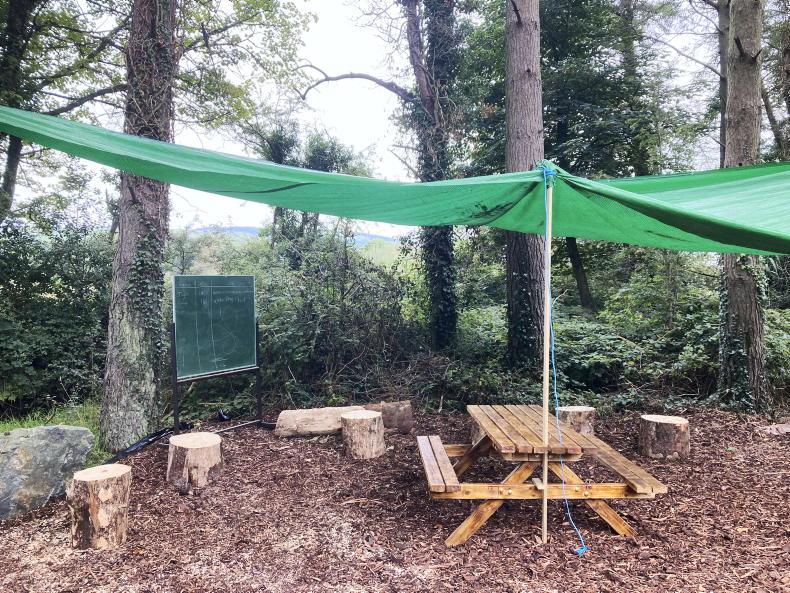
Getting out into the fresh air: Weather permitting, the classroom gets moved outside on Doon Social Farm.
I’m chair of the board. We have a manager in place and we have three staff with him who actually run the farm.
Predominantly, from a farming point of view, we are doing organic vegetables and we are also doing eggs. We have quite a thriving egg production there at the moment which seems to be oversubscribed, which is good.
The participants
There’s quite a varied bunch of people going through the programme. We take people from transition year and from primary and secondary schools where we do the basics of biodiversity with them. We work with the Youth Service in Tipperary and Limerick and we deal with Novas, who are a homeless organisation in Limerick.
We had some HSE mental health patients coming and we also deal with the Brothers of Charity, who would have a certain amount of people who have special needs, both mental and physical. Then we have the Local Training Initiative (LTI) with the Limerick and Clare Education and Training Board (LCETB), which is probably the biggest programme we have – it runs full-time from October to May.
What we do is we put together a programme that will run over six weeks and we get these people involved in specific tasks on the farm. They would have very assigned roles; they would be supervised while they’re at it and at the end there is a defined conclusion to the project.
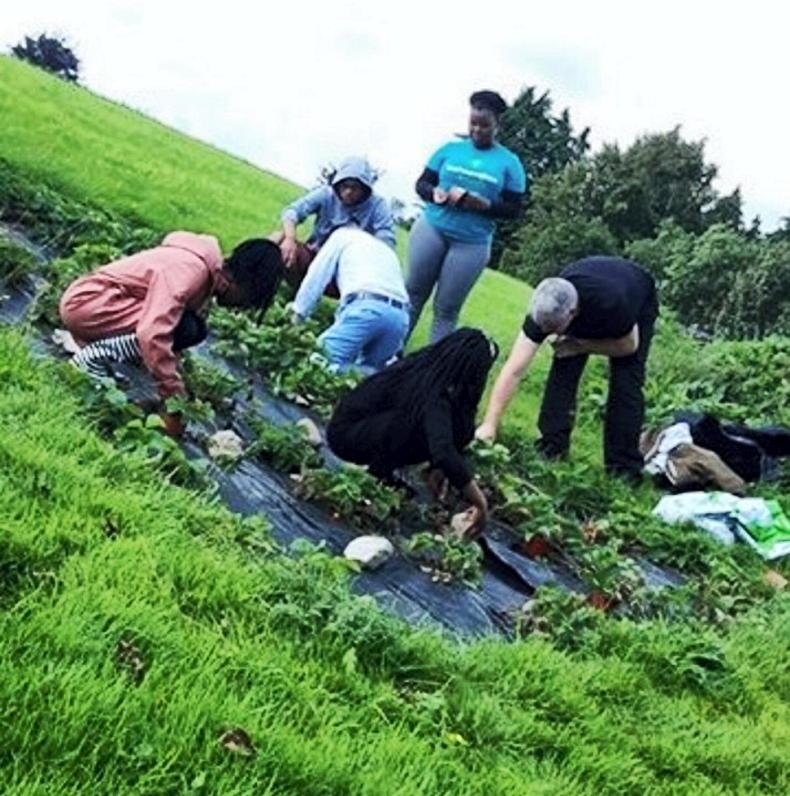
A group of youngsters are getting their hands dirty on Doon Social Farm.
The LTI group has a very formal training setup. It’s really no different than going to school if you like, in that there would be eight subjects that are taught throughout the period of the year. There’s a timetable for them, some of it is hands-on work and some of it is classroom-based work.
For the other groups, it’s not as easy to be prescriptive. You really have to be able to adapt to how they are engaging with you but we will always include a social aspect. There’s always a cup of tea, there’s always a chat and there’d be something to eat. The social side of it is very important.
Reaping the rewards
I speak as much as I can for the clients. I think it’s new experiences for them and a sense of achievement. They participate in an activity where they see an end result for what they’ve done. They get involved in planting something and they see it growing. Maybe they’re lucky enough to actually be able to sample the produce.
That, to a lot of people, gives tremendous satisfaction that they’ve taken something from the beginning to the very end.
I believe it has given a sense of achievement to people. It allowed them to get to the stage where they could say: “Look what I can do.”
There’s the social aspect for people, not just in dealing with ourselves, but dealing with other people who may be similar to themselves. Doing teamwork, and realising that they all have something to contribute.
Read more
Pedigree Border Leicesters help rehabilitate young offenders
Do you really need friends? Yes but who they are depends on gender, age and need
My own background is I was born and raised on a farm, but I’m not a farmer. My parents had a farm in Co Limerick. It would have been a mixed farm, predominantly dairy, but there would have been some tillage as well. I spent my working life in the public sector.
I worked in the IT area across the public sector but I am now retired. I got involved with the organisation Ballyhoura Rural Services in 2016. It’s a charity and was founded in 2010. The main aim was to combat rural isolation in east Limerick and north Cork.
I had retired and somebody asked me to sit on the board of the organisation. I’ve always lived in a rural area, so I am very well aware of how people could be isolated and how people could be disadvantaged.
I felt it was something good for me to get involved in, contributing something to the community, to the country at large. I believe that the organisation does a lot of good and I have seen the benefits of what it has done for people.
What is social farming?
During the 1990s, the idea of social farming as a therapy took root in the Netherlands and Belgium.
They are used for social prescribing. It’s a newer idea within the health area – especially the mental health area. Rather than prescribing people medication, they were prescribed an activity.
The activity might be taking part in a group activity of any sort, from knitting to cleaning streets – all sorts. One of the activities is farming and it has apparently been proven that the benefits of getting your hands dirty, into the soil and working with it, can be very therapeutic for people.
It’s good to work with your hands, I found this myself. My work was office-based for 30 years. Doing something with your hands could indeed be very therapeutic. It helped relieve a lot of the stress of the day. You felt that you were achieving something, as well.
The idea takes root
The social farm is in Doon, Co Limerick. The farm was donated to us by the Sisters of Mercy.
They had an old convent and a school which was no longer in use and there was a farm with that. They wanted to see both the buildings and the farm put to some social use in our community. They have donated that to us and we are running it as a social enterprise at this stage. We are supported through a Community Social Project (CSP). They support us to put the social farming in place, to run it, and we also work with several groups beyond that.

Getting out into the fresh air: Weather permitting, the classroom gets moved outside on Doon Social Farm.
I’m chair of the board. We have a manager in place and we have three staff with him who actually run the farm.
Predominantly, from a farming point of view, we are doing organic vegetables and we are also doing eggs. We have quite a thriving egg production there at the moment which seems to be oversubscribed, which is good.
The participants
There’s quite a varied bunch of people going through the programme. We take people from transition year and from primary and secondary schools where we do the basics of biodiversity with them. We work with the Youth Service in Tipperary and Limerick and we deal with Novas, who are a homeless organisation in Limerick.
We had some HSE mental health patients coming and we also deal with the Brothers of Charity, who would have a certain amount of people who have special needs, both mental and physical. Then we have the Local Training Initiative (LTI) with the Limerick and Clare Education and Training Board (LCETB), which is probably the biggest programme we have – it runs full-time from October to May.
What we do is we put together a programme that will run over six weeks and we get these people involved in specific tasks on the farm. They would have very assigned roles; they would be supervised while they’re at it and at the end there is a defined conclusion to the project.

A group of youngsters are getting their hands dirty on Doon Social Farm.
The LTI group has a very formal training setup. It’s really no different than going to school if you like, in that there would be eight subjects that are taught throughout the period of the year. There’s a timetable for them, some of it is hands-on work and some of it is classroom-based work.
For the other groups, it’s not as easy to be prescriptive. You really have to be able to adapt to how they are engaging with you but we will always include a social aspect. There’s always a cup of tea, there’s always a chat and there’d be something to eat. The social side of it is very important.
Reaping the rewards
I speak as much as I can for the clients. I think it’s new experiences for them and a sense of achievement. They participate in an activity where they see an end result for what they’ve done. They get involved in planting something and they see it growing. Maybe they’re lucky enough to actually be able to sample the produce.
That, to a lot of people, gives tremendous satisfaction that they’ve taken something from the beginning to the very end.
I believe it has given a sense of achievement to people. It allowed them to get to the stage where they could say: “Look what I can do.”
There’s the social aspect for people, not just in dealing with ourselves, but dealing with other people who may be similar to themselves. Doing teamwork, and realising that they all have something to contribute.
Read more
Pedigree Border Leicesters help rehabilitate young offenders
Do you really need friends? Yes but who they are depends on gender, age and need






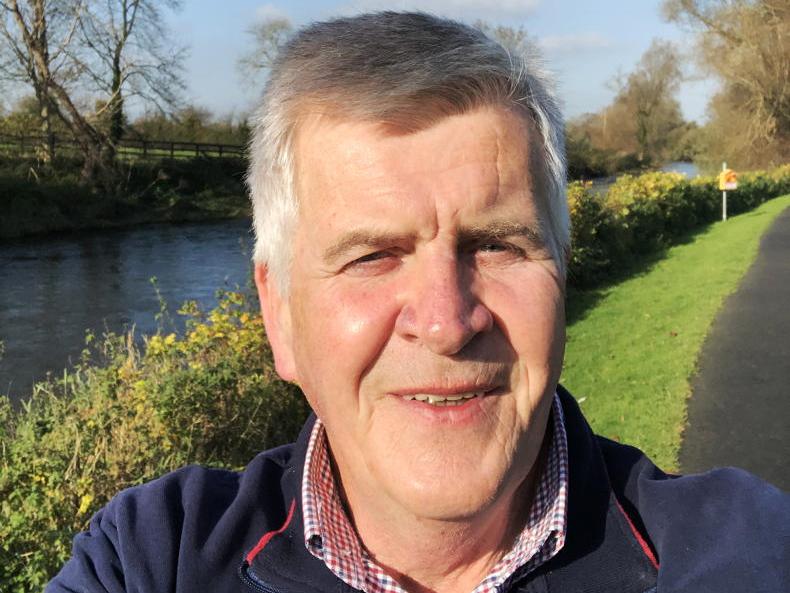

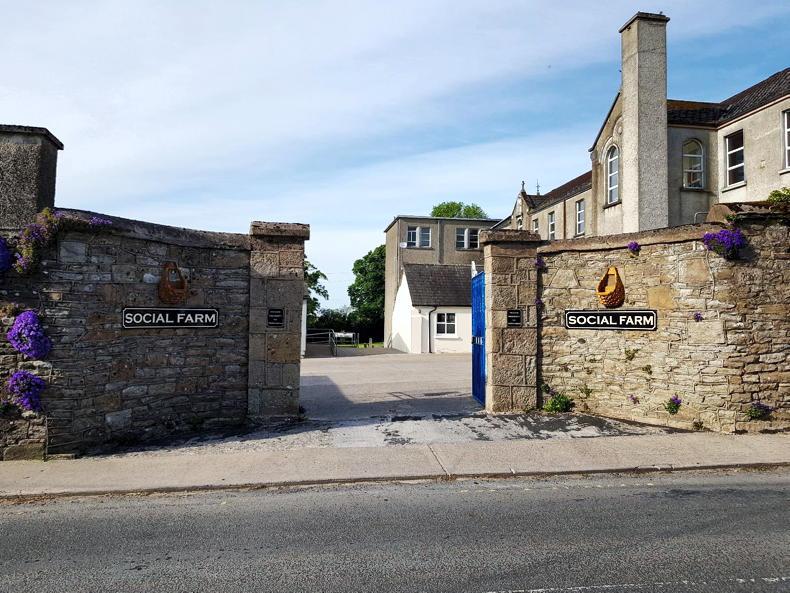

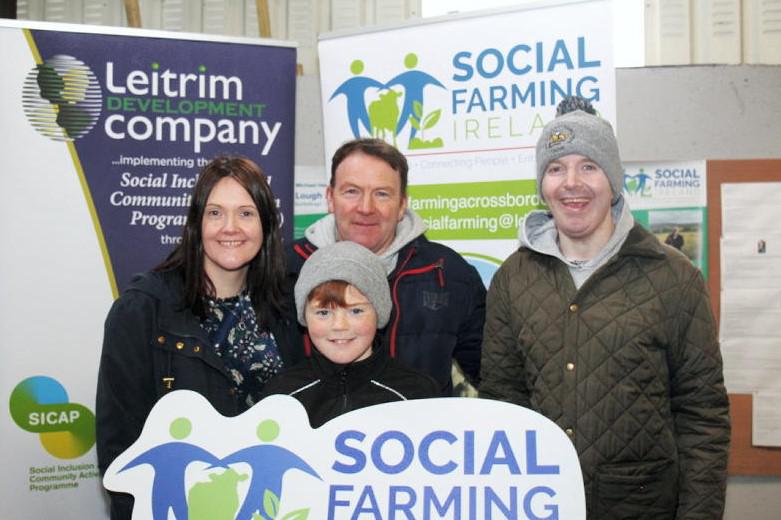
SHARING OPTIONS